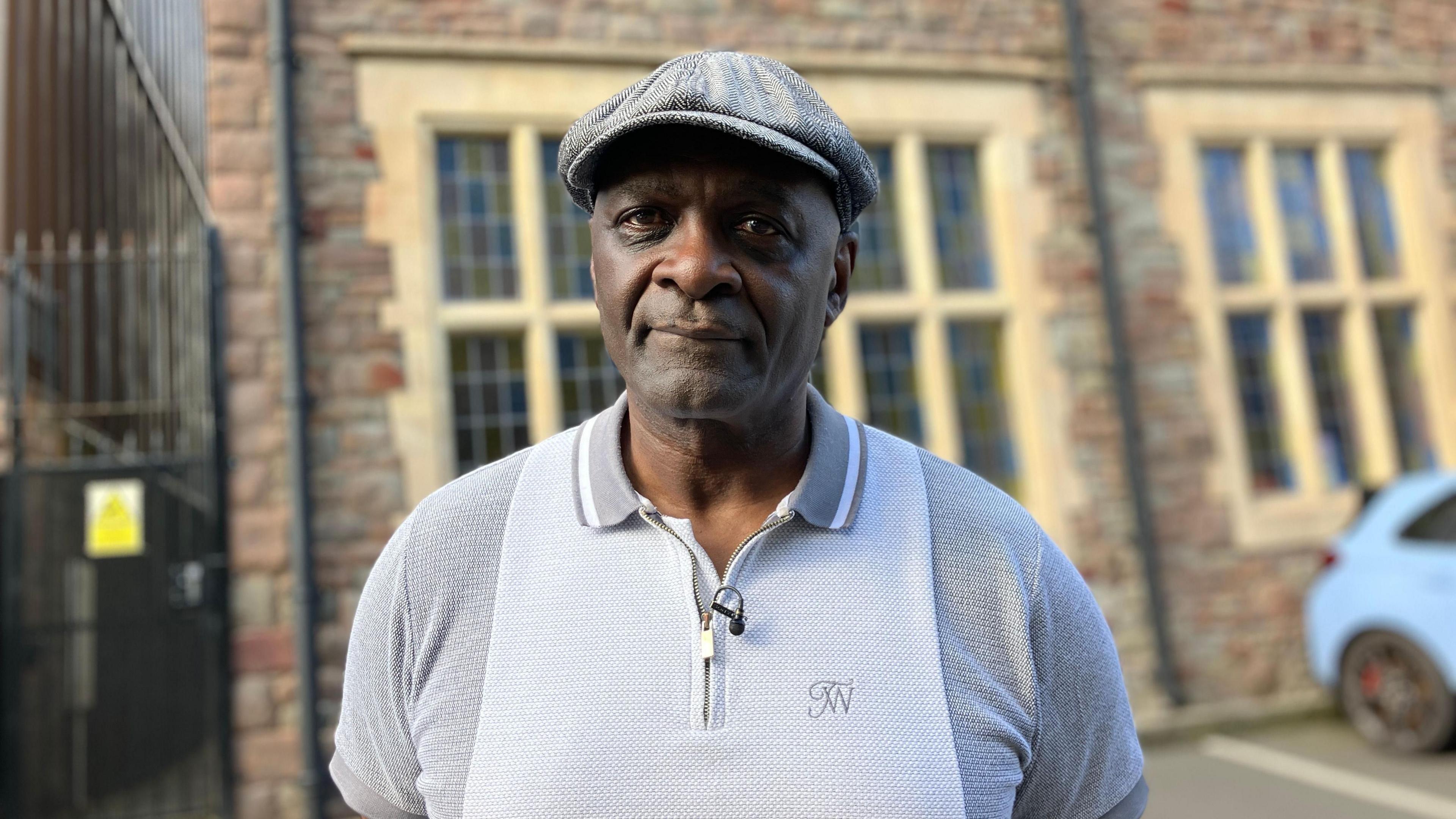'I want to move out of city due to knife crime'
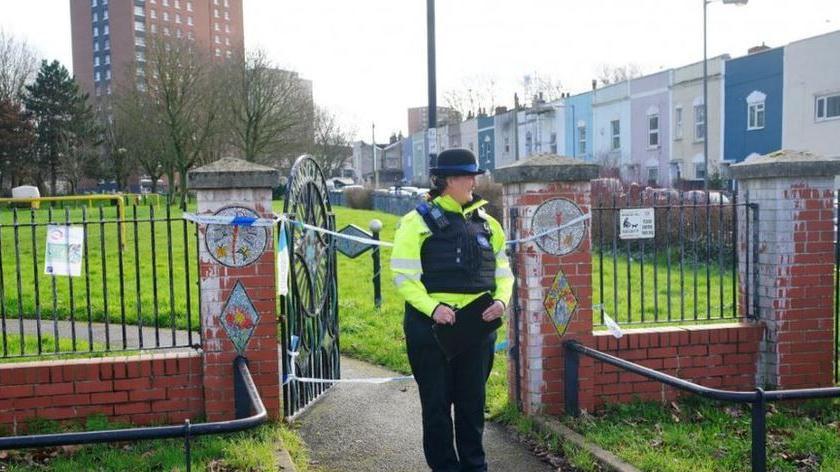
There have been multiple stabbings and murders in Bristol
- Published
Knife crime in Bristol has been described as a scourge.
In 2023, there was an average of an incident a week involving knives and stabbings. On Friday two teenagers were jailed for murdering 16-year-old Darrian Williams.
Some of those who have been involved in the postcode-driven "gangs" behind the violence now say they are are looking for a way out.
"I feel like I won't achieve what I want because you can't leave that life. There are people who might want to target me," an anonymous person who was on the fringes of a gang a few years ago said.
"I just work now and stay out of the way, I want to move out of Bristol it's that bad."
The person we spoke to said they were too scared to be named or pictured out of fear of retribution.
A few years ago they were involved with other young men who are often labelled as a "gang" - where exploitation and serious violence is common.
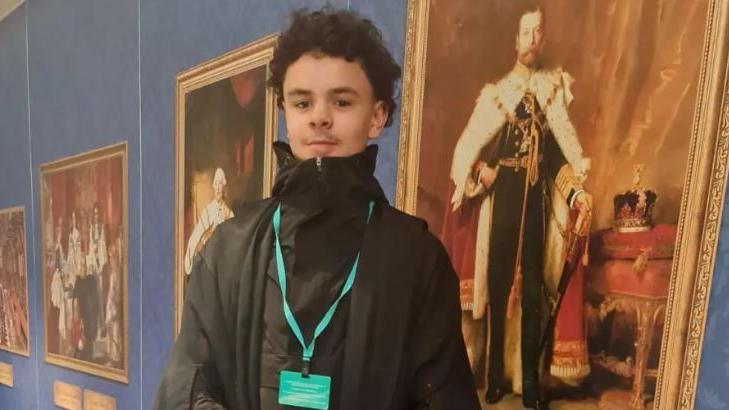
Darrian Williams died after being stabbed in the back
Why are postcodes important?
There have been several high profile murder trials of young men in Bristol where rivalries between different postcodes of the city have been referenced.
The latest has been the murder of 16-year-old Darrian Williams described as a "happy go lucky" teenager.
Two boys, both aged 16, were found guilty of his murder on Friday.
While the court heard no evidence to suggest Darrian was in a gang, witnesses heard the teenage defendants ask Darrian if he was a "1-6" before stabbing him in the back.
The "1-6" gang is associated with the Bristol BS postcode areas of Fishponds, Hillfields and Oldbury Court areas. The court heard how they had been in conflict with another gang, the “2-4s” or “2s”, which is associated with St Pauls and St Judes.
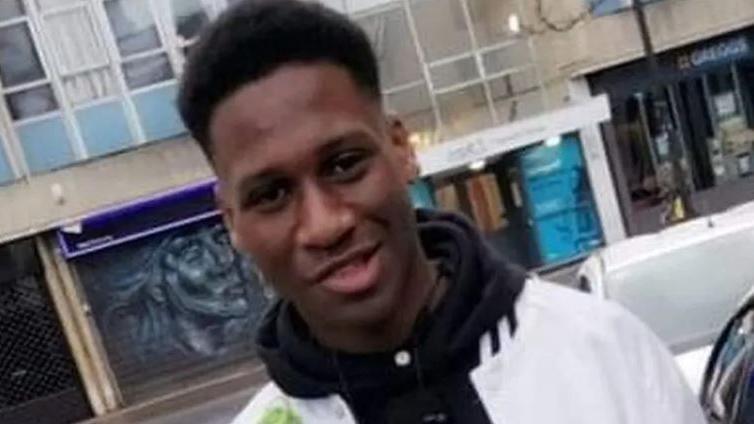
Dontae Davis died after being attacked in Lawrence Hill
There have been other cases of serious youth violence with fatal consequences in Bristol, like that of 18-year-old Dontae Davis, who was stabbed and killed by a rival gang member in 2021.
His family said he was "strong, loving, caring, charming" and a "thoughtful son".
Kairon Sawyers, 19, denied murder, claiming he acted in self-defence but was sentenced to nine years in a young offenders institute after he was found guilty of manslaughter.
That trial heard rising gang tensions in east Bristol were to blame.
Who is helping?
But amid the violence there are some in the city searching for solutions.
Desmond Brown, founder of Growing Futures - an organisation that engages with young people involved in serious youth violence - said he's heard of young boys looking for unusual ways out of Bristol.
"We had young people actually signing up to be trafficked so they could get out Bristol because of the fear of being stabbed here," he said.
"Boundaries [in the city] that we cross every day to go about our daily business that they feel they can't.
"Travelling on a bus is a scary proposition," he added.
If you have been affected by any of the issues raised in this story you can visit the BBC Action Line.
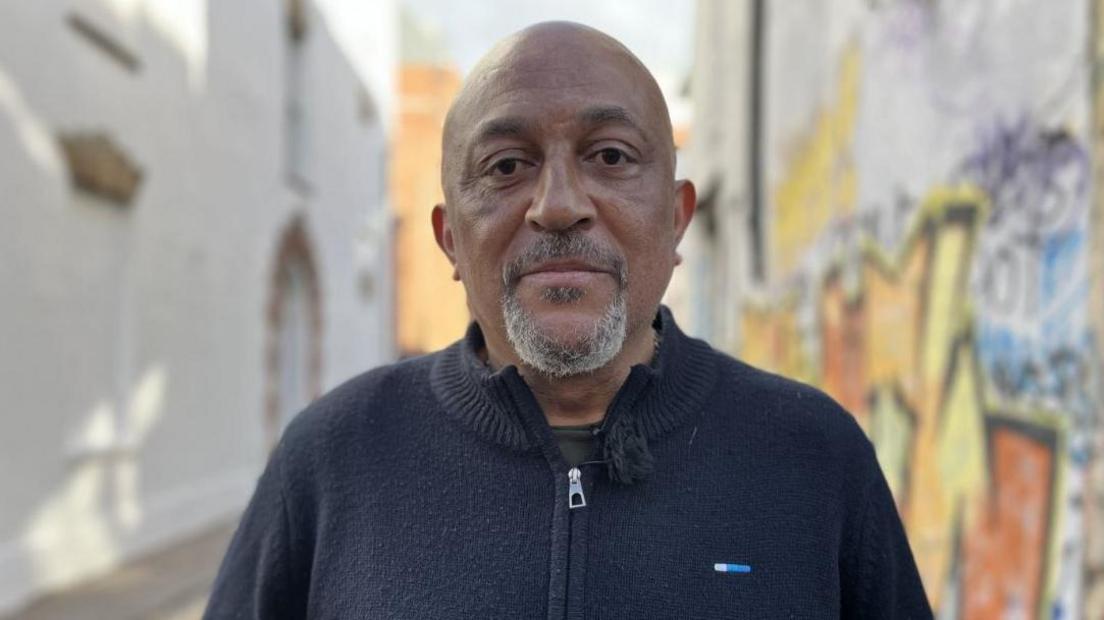
Desmond Brown said the problem is the city has lost safe spaces for young people to be in
Mr Brown said the word "gang" is too strong of a term for what is going on in the city and has unfair racial connotations when those involved are often vulnerable young boys and girls being exploited.
"We're not talking about organised criminals, we're talking about young people who are led astray, not in school, who are involved in serious youth violence which is really unexplainable," he said.
Why are they turning to crime?
Mr Brown said many young men turn to criminality for basic things like money for food.
He also said young people don't feel protected by anyone, including the police, and feel forced to create their own environments where they do.
"It's about loss of hope and loss of opportunity. They cleave together to protect each other," he said.
"They're trying to find opportunity with each other in a world that hasn't offered them that. These are the cracks that our young people are falling through.
"It has become a death cult where young people need to be seen to be involved and protecting an area that they have no ownership of."
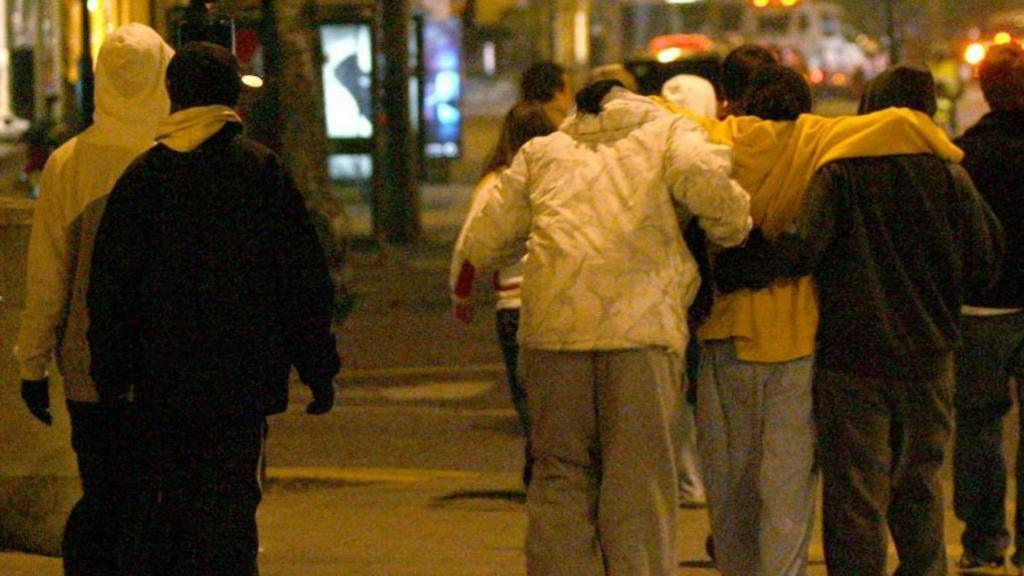
Mr Brown said young people are falling through gaps
Mr Brown said a big part of the problem is that the city has lost spaces for young people to have positive activities and experiences.
"What has changed is that across all ethnicities we are seeing a rise in this behaviour and serious youth violence," he added.
Mr Brown said that social media is "fuelling" tensions between the groups as teenagers see rap videos that include violent language calling out other areas.
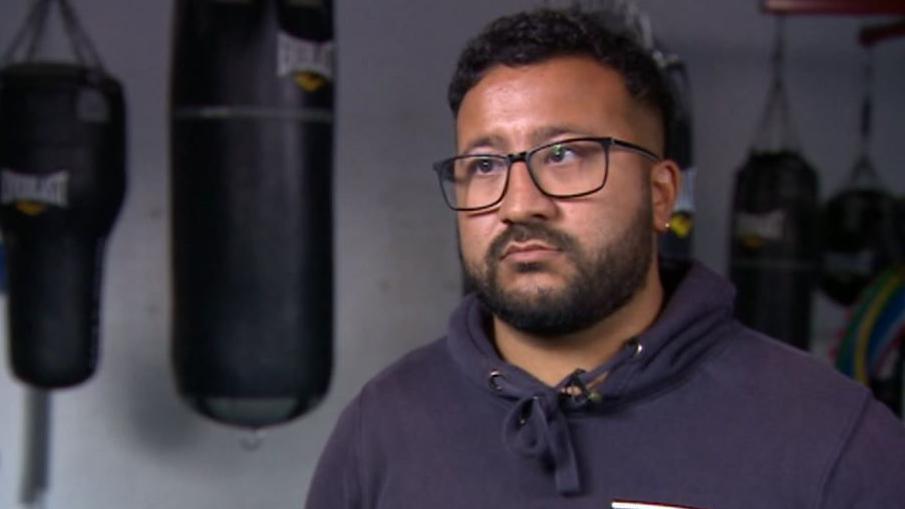
Courtney Young, who works with disadvantaged young people, said the problem in affecting younger and younger people
Courtney Young, community outreach manager at Empire Fighting Chance, a gym that works with disadvantaged youths which Darrian attended, agrees.
He said issues often start online with music videos which then spill onto the streets.
"We're having younger and younger people being murdered on our streets," he said.
Mr Young said he had heard stories of young people who are not involved in any criminality being threatened by groups because they know someone who identifies as being 1-6 or 2-4s.
He said a lot of young people said there were barriers to travelling to and from different areas due to a fear of being caught out.
"It's a great city and we should be able to move around in it freely," he added.
'Gut wrenching' murder
Describing Darrian, who first attended the gym in 2020, as "great and engaging", Mr Young said the 16-year-old's death was "gut-wrenching".
"He fit in really well. It had such a ripple effect, not just on us but on the whole community.
"We need to come together as a city, organisations like ours and others need to work together," he said.
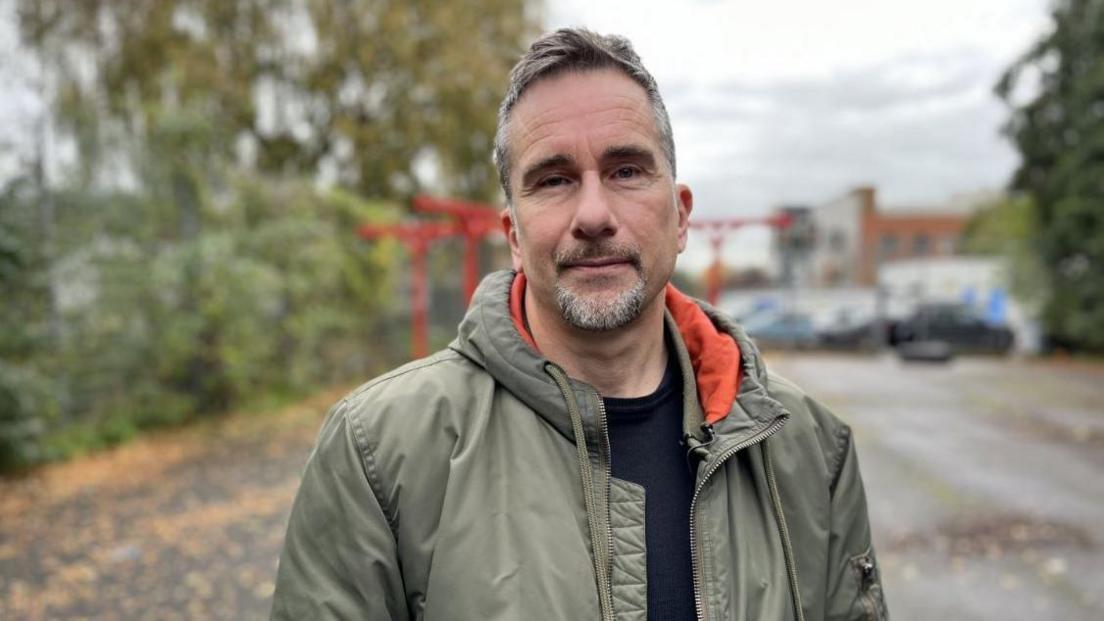
Dr Craig Johnston said the word gang is too strong to describe these groups
Dr Craig Johnston, senior lecturer of criminology at the University of West of England (UWE) in Bristol, said there needs to be safe spaces where adults can form authentic relationships with young people at risk.
He said the formation of the groups in certain postcodes is directly linked to how disadvantaged the area is.
"There is a link between that level of poverty, disadvantage and groups emerging and bonding and being together," he said.
"The postcodes have a sense of loyalties, sense of looking after your community, belonging to that community is quite powerful."
Dr Johnston said he thought "gangs" would be too strong of a term used for the 1-6s and 2-4s because they are "less organised" than what we traditionally see as gangs.
Could safe spaces be the answer?
Mr Brown said there is an attempt by police to understand what is going on but that arresting young people isn't the answer.
"We're at an impasse, we can't enforce our way out of this," he said.
Mr Brown said while multiple agencies working together is the right approach, it's not currently working due to "massive gaps".
"It can't just be police, it needs to be council, it needs to be youth services that are picking up these young people," he said.
Like Dr Johnston, Mr Brown also agrees that building safe spaces for young people could be the answer.
"We're losing spaces where we can have young people at those peak times and hot spots - where they can speak to a trusted adult who can guide them towards the opportunity they really want," he said.
"None of them want to be involved in this, they feel like they're being left out to dry."
Get in touch
Tell us which stories we should cover in Bristol
Follow BBC Bristol on Facebook, external, X, external and Instagram, external. Send your story ideas to us on email or via WhatsApp on 0800 313 4630.
Related topics
- Published22 October 2024
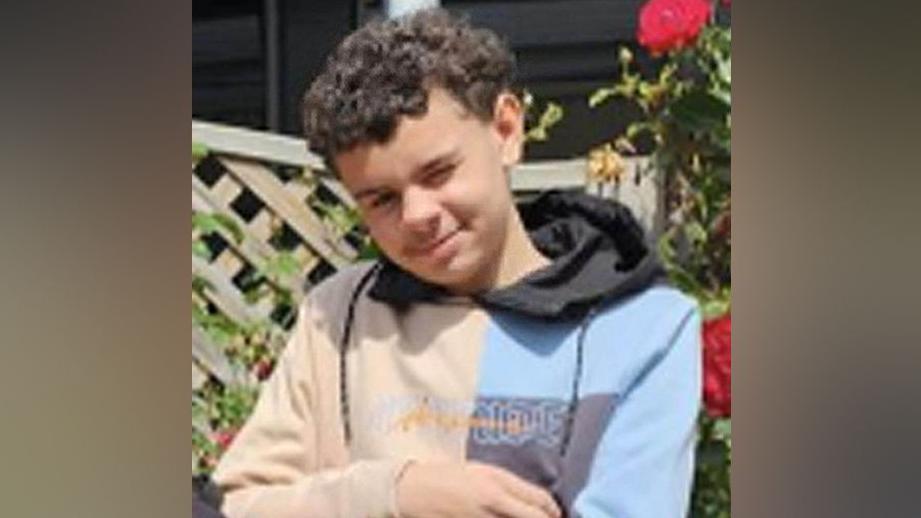
- Published25 October 2024
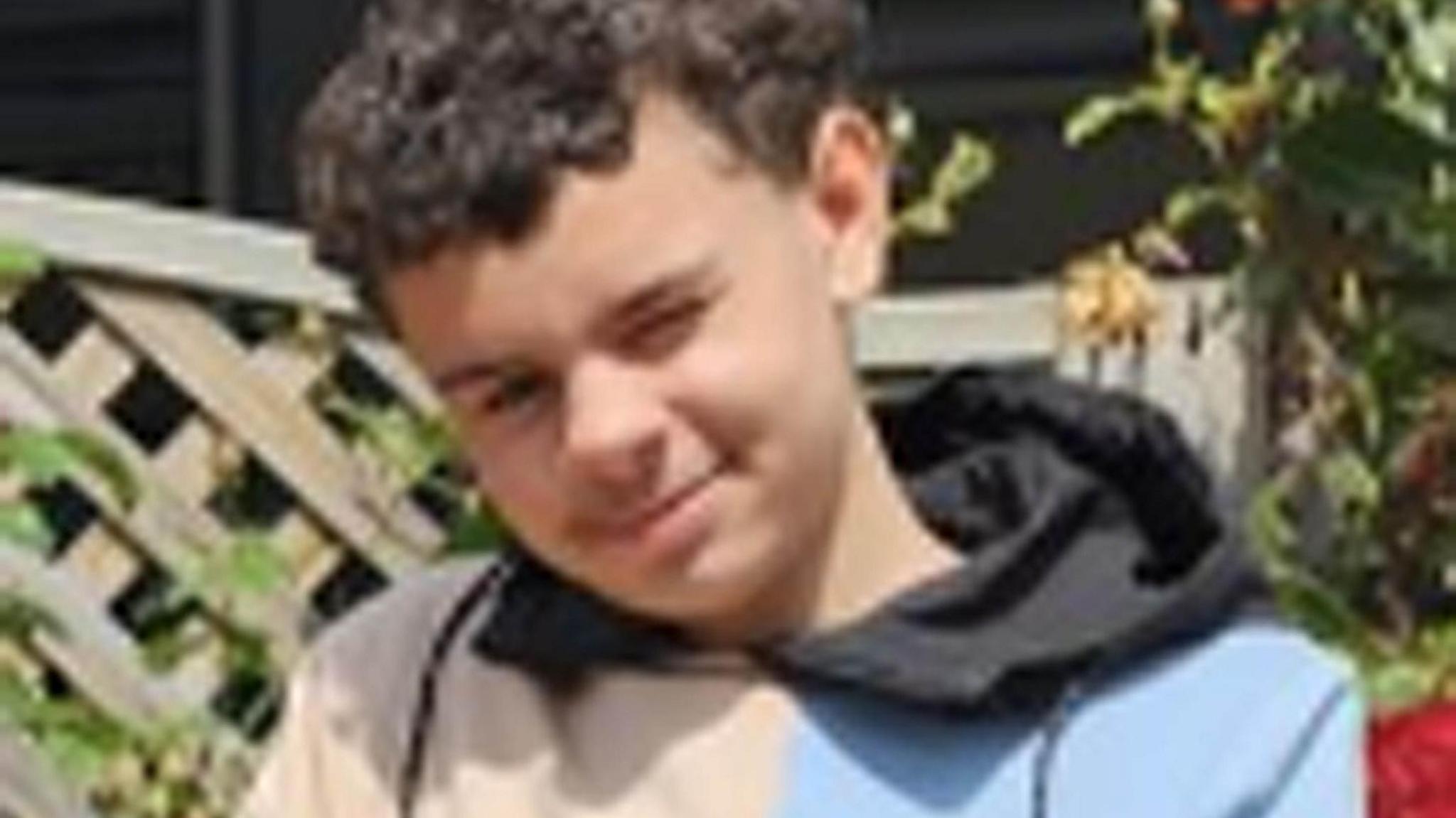
- Published15 October 2024
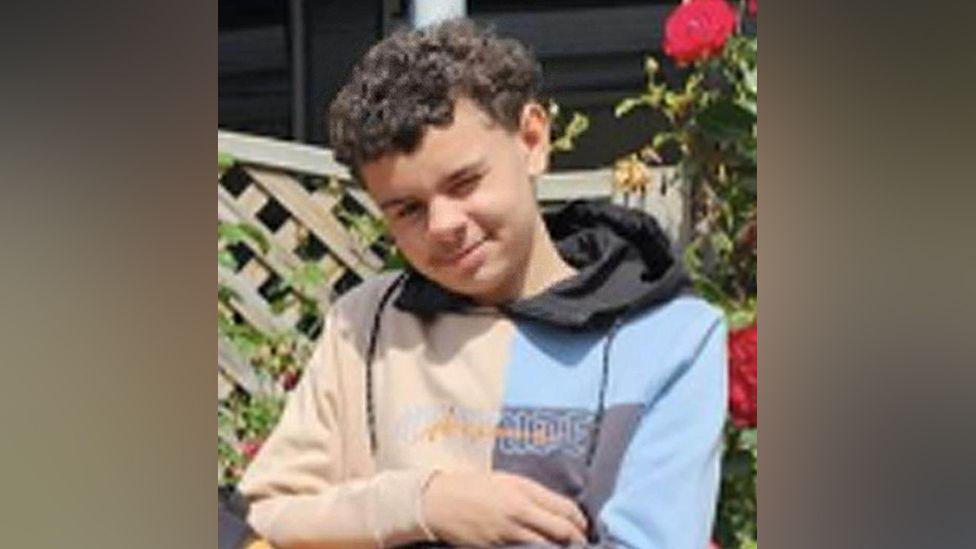
- Published26 April 2022
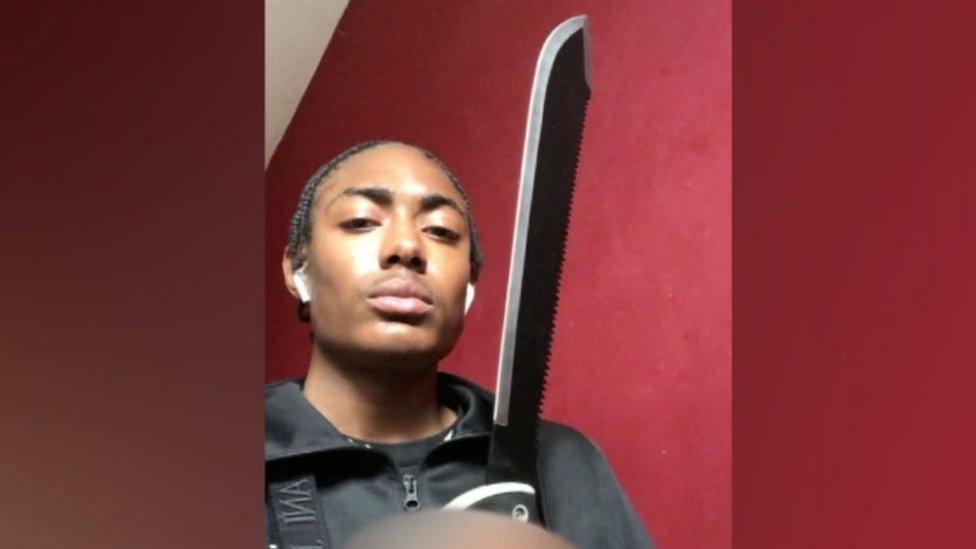
- Published22 October 2024
